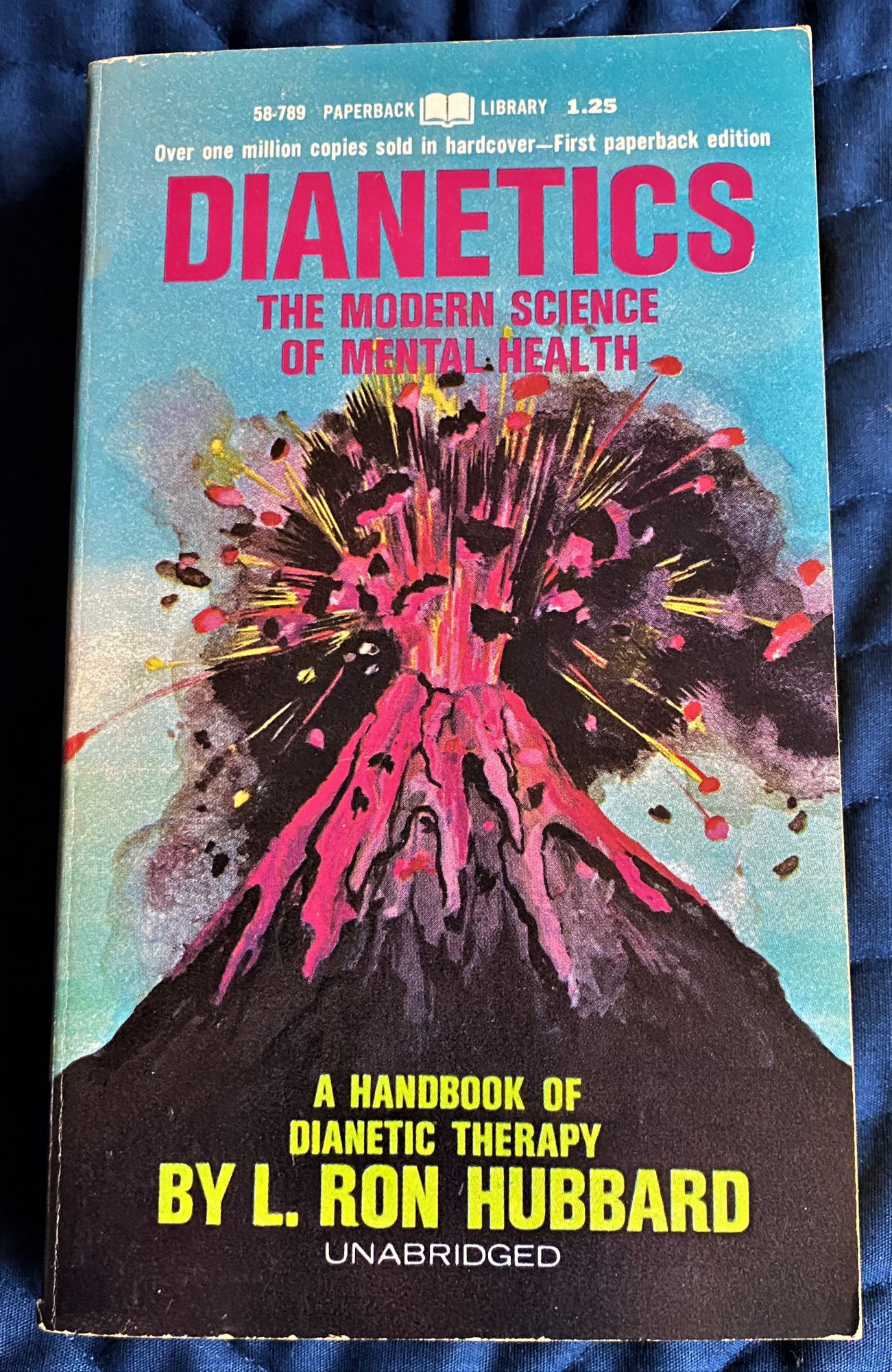The Basic Principles Of Dianetics
The Basic Principles Of Dianetics
Blog Article
The Only Guide to Dianetics
Table of ContentsLittle Known Facts About Dianetics.Dianetics Things To Know Before You Get ThisExcitement About DianeticsHow Dianetics can Save You Time, Stress, and Money.
I could not ever not desire to get anything that comes to mind for you- if it was otherwise, I wouldn't be sitting below with you, doing this. I not only can never have a problem, or otherwise wish to listen to something that comes to mind for you, yet I'm totally excited to recognize every concept, every thought, every picture or feeling that emerges or manifests for you- do not ever think or else, and if for one reason or another you do, please simply allow me know! In some cases, you might have an idea, and photo, concept or case pop up that does not appear to answer the inquiry, or associate with it, yet nonetheless, constantly do inform me about it, and as we proceed, the relevance will certainly arise for you.This is intrinsic in the basis of handling, and the subject of this conversation: the standard roles of the counselor and the customer: The fundamental duty of the counselor is, as opposed to "common training", not to control, which indicates to implement and/or prevent, yet to instead work from the basis of EMPOWERING THE CLIENT.

Not known Facts About Dianetics
John Mcmasters expressed this fundamental fact wonderfully well in one of his lectures on Power processing, where he explains exactly how he was asked what this "unique flair" was that he had for offering such excellent sessions; he needed to think regarding that for a minute, and found that it was what he wasn't doing, along with what he was doing: he had not been evaluating, judging, computer, or actually, creating any thoughts, not to mention spoken expressions, after offering the command and while awaiting the PC to finish their response to their fulfillment; he was, just and just, existing with the PC, and totally interested.
The function of the counselor, showed; that was his "special propensity". I have actually had my very own experience which instructed me this well, really early in the video game. In 1982, having lately finished my training and teaching fellowship on New Era Dianetics, I was running this on a PC, and there was a point in the session where (being a bit wet behind the ears not yet having several hours under my belt as a professional auditor) the PC appeared to be "taking as well long" to express anything vocally after I provided him a command.
This secret ended up being the most important contribution that John ever before made to the topic of therapy or auditing (Dianetics). In my modest point of view, it is the best payment that any individual has ever before made to these subjectsthe application is entirely non-judgemental, non-evaluative, and without any kind of recommendation, guidance or opinion.no preconditioned schedule for people, or 'levels' that they must do
In Scientology we prided ourselves on not assessing for individuals. All that truly suggested was that the auditor did not VERBALLY examine for the Computer in session.
About Dianetics

Any person who had ever seen John audit might not help but see a special high quality in his bookkeeping."The customer's standard duty is to be there with the objective of moving in the instructions of their spiritual goals, and to easily and totally reveal and experience whatever manifests for them in addressing the concerns and implementing the directions in the processing.
This is something to process as needed. Yet additionally, people often have previous experience and/or indoctrination in auditing/processing which, in some methods, and to some extent, really misleads them right into attitudes, ideas and actions patterns that protect against the full understanding of these roles, and so they will certainly often tend to hinder the expressing of what enters your mind, as in the instances provided above. * The first, and perhaps leading instances of mis-indoctrination bring about much less than entirely smooth and efficient sessions, can be located in certain facets of the training regimens, or "TR's":"TR's" are commonly a person's initial, or at the very least early, experience in Scientology, and while I will certainly take place to explain what I view as the defects in principle and practice, nevertheless, tend to be substantially restorative, done as they are provided (Hubbard urges that "TR's are not processing, they are educating", but factually, they are both processing AND training)
There is no "flunking", and no denial of the fact of this being handling. The focus, as it ought to be, is on experiencing the other person's visibility.
All about Dianetics

Report this page